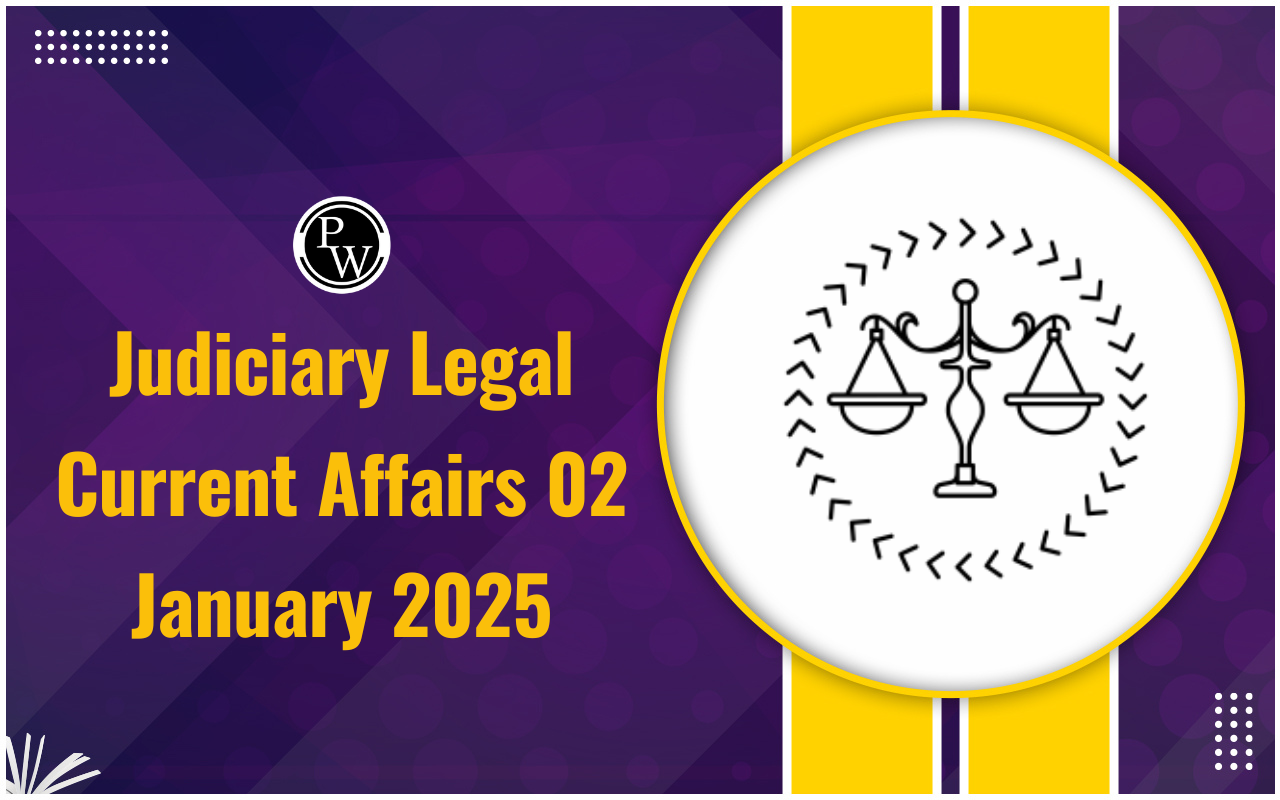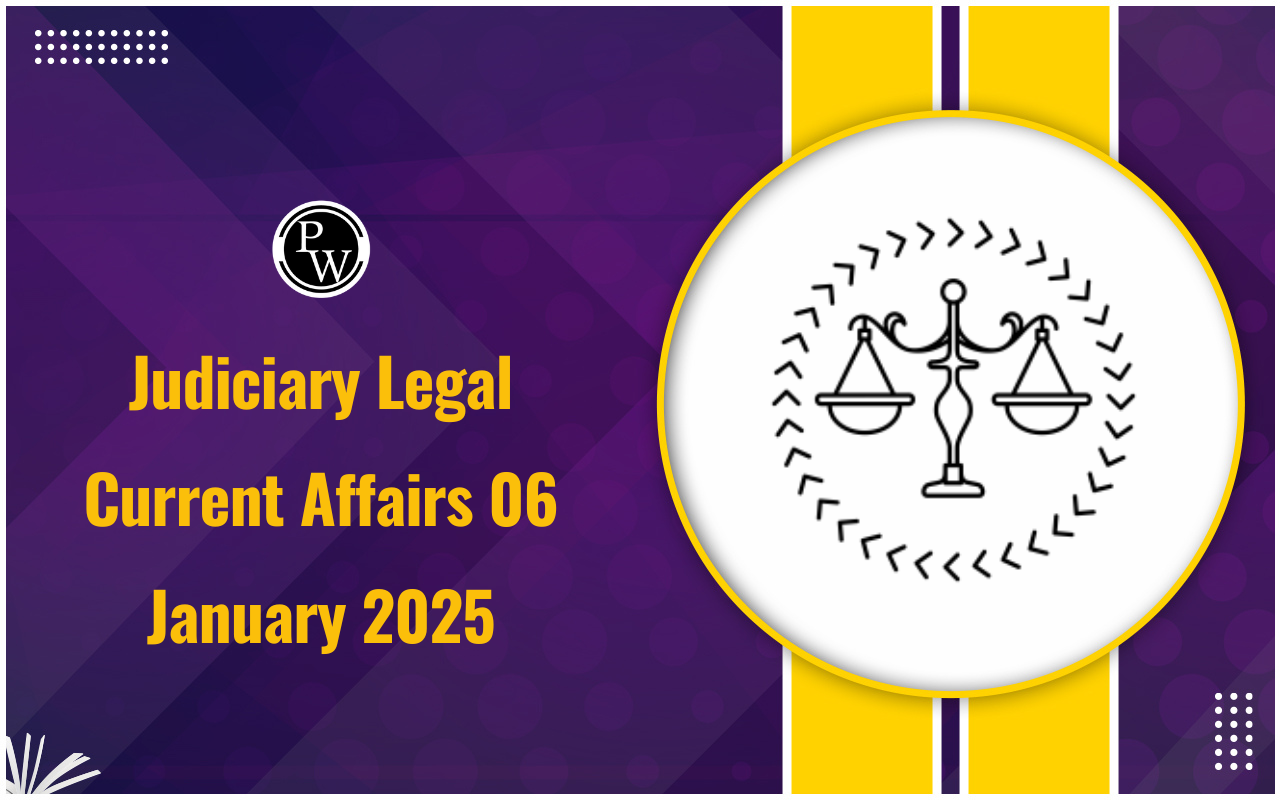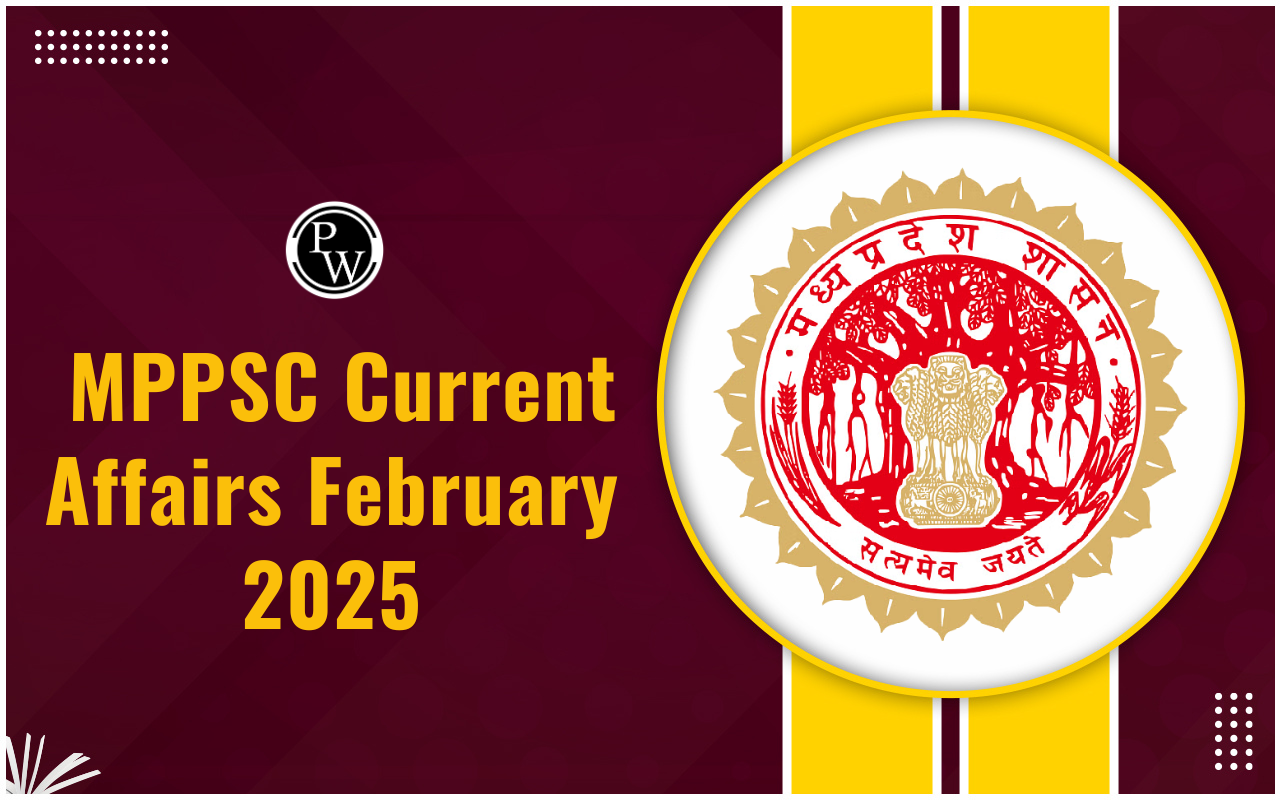
Jallianwala Bagh Massacre: On April 13, 1919, the Jallianwala Bagh Massacre occurred in Amritsar, India. British troops fired on unarmed Indians in an open area, causing numerous casualties. This event was pivotal in modern Indian history, significantly influencing Gandhi's strong commitment to Indian nationalism and independence.
The incident had a profound and lasting impact on relations between India and Britain, exposing the brutal actions of British troops led by General Dyer, who opened fire without warning on a gathering that had been banned. This massacre is remembered as one of the most tragic incidents of British colonial rule in India, highlighting its severe human toll.Jallianwala Bagh Massacre
On April 13, 1919, a tragic event unfolded at Jallianwala Bagh in Amritsar, India. People had gathered to peacefully protest the arrest of two nationalist leaders, Satya Pal and Dr. Saifuddin Kitchlew. Suddenly, General Dyer, a British military officer, arrived with his troops. Without warning the crowd to disperse, he ordered his soldiers to open fire for ten minutes until their ammunition ran out. This ruthless act resulted in the deaths of approximately a thousand people, with around 2000 others wounded. Today, bullet marks still scar the walls of Jallianwala Bagh, now a national memorial. General Dyer unapologetically justified his actions as a means to instill fear and control over the people. His brutality shocked many, leading to demands for an investigation even within Britain, where some supporters raised funds to honor him, while others condemned the massacre as one of the bloodiest in recent history. Twenty-one years later, on March 13, 1940, Udham Singh, an Indian revolutionary, sought vengeance by assassinating Michael O’Dwyer, the former Lieutenant Governor of Punjab during the Jallianwala Bagh massacre. The initial massacre sparked widespread outrage among Indians, prompting severe reprisals from the British government. Punjabis endured harsh punishments, including public humiliation, imprisonment of journalists, and censorship akin to the aftermath of the 1857 revolt.| Jallianwala Bagh Massacre | |
| Events and Facts | Description |
| Date of Jallianwala Bagh Massacre | The massacre occurred on April 13, 1919, in Amritsar, India. |
| Order Given By | Brigadier General R.E.H. Dyer, an Anglo-Indian officer, ordered the troops to fire on unarmed civilians gathered at Jallianwala Bagh. |
| Symbolic Act of Protest | Rabindranath Tagore, upon learning of the massacre, renounced his British knighthood on May 22, 1919, as a symbolic protest against British policies in India. |
| Hunter Commission | The Disorders Inquiry Committee, later known as the Hunter Commission, was established on October 14, 1919, to investigate the Jallianwala Bagh massacre and its aftermath. |
Background of Jallianwala Bagh Massacre
The Jallianwala Bagh massacre was deeply rooted in the political landscape of its time. In 1919, amidst World War I, the British faced a rising tide of nationalism in India. To suppress dissent, the British government in London passed the Rowlatt Act, also known as the Anarchical Revolutionary Crimes Act, 1919. This controversial legislation, dubbed the "Black Bills," granted authorities sweeping powers to detain individuals suspected of revolutionary activities in British India for up to two years without trial or judicial oversight. Despite strong opposition from Indian members of the Imperial Legislative Council, the Rowlatt Act was enacted, exacerbating tensions and fueling discontent among the Indian populace. This backdrop of political repression and colonial control set the stage for the tragic events that unfolded at Jallianwala Bagh, where unarmed civilians were fired upon by British troops under General Dyer's command.The Massacre
On April 13, 1919, during the Baisakhi festival, a large crowd gathered at Jallianwala Bagh in Amritsar. While some came to celebrate, others assembled for a peaceful protest against the Rowlatt Act of 1919. Brigadier-General Reginald Dyer, upon hearing reports of the gathering, arrived with his troops and without warning, opened fire on the unarmed crowd. Tragically, the exit was blocked, trapping many within the garden. The firing continued until the troops exhausted their ammunition. While official estimates from Dyer and Irving cited 291 deaths, Madan Mohan Malviya's committee reported over 500 fatalities. This brutal incident left a lasting scar on Indian history, highlighting the indiscriminate violence unleashed on innocent civilians.Causes of Jallianwala Bagh Massacre
The Jallianwala Bagh Massacre of April 13, 1919, was fueled by a blend of oppressive British policies and mounting nationalist fervor in India. Several factors contributed to this tragic event:- Rowlatt Act : Enacted in 1919, the Rowlatt Act authorized the British government to detain individuals suspected of sedition without trial. This deeply angered Indians and sparked widespread protests.
- Rising Nationalism : Indians were increasingly vocal about their desire for self-rule and were disillusioned by British colonial policies, leading to large-scale demonstrations and rallies across the country.
- Protests against Arrests : The specific catalyst for the gathering at Jallianwala Bagh was the arrest of respected Indian leaders, Dr. Satya Pal and Dr. Saifuddin Kitchlew. This arrest prompted public outrage and a call for protest.
- Misinterpretation and Tragedy : British authorities, notably Brigadier General Dyer, misunderstood the peaceful assembly at Jallianwala Bagh as a direct challenge to their authority. This misunderstanding led to a disproportionate and tragic response.
Effects of the Jallianwala Bagh Massacre
The Jallianwala Bagh Massacre had profound effects on India, revealing the harsh reality of British rule and sparking widespread outrage. General Dyer, who ordered the brutal firing on unarmed Indians, was praised in Britain, shattering any illusions of benevolent governance held by Indians. The severity of the massacre shocked the nation. Mahatma Gandhi, deeply affected by the violence, suspended his movement against British policies on April 18. Earlier honored by the British, he renounced the Kaiser-i-Hind title as a gesture of protest. Similarly, Rabindranath Tagore, a Nobel laureate, declined his knighthood in defiance of British actions. The massacre was condemned globally; Winston Churchill described it as "monstrous." It severely undermined British justice and credibility in India. In response, the Indian government formed the Hunter Commission on October 14, 1919, to investigate the events in Punjab. This commission aimed to uncover the causes behind the disturbances and recommend solutions. Despite widespread condemnation of General Dyer's actions, the commission did not take punitive measures against him. Nevertheless, the massacre fueled rebellion against British colonial rule, marking a turning point in India's struggle for independence.Impact of the Massacre
Jallianwala Bagh, now a prominent landmark in India, holds deep historical significance in the nation's struggle for independence. The tragic events of April 1919 played a pivotal role in shaping Mahatma Gandhi's decision to initiate the Non-Cooperation Movement, his first major peaceful protest campaign. This movement, known as satyagraha, aimed to mobilize Indians in a non-violent resistance against British colonial rule. The brutal massacre at Jallianwala Bagh galvanized public sentiment and strengthened Gandhi's resolve to lead a unified struggle for freedom, marking a crucial chapter in India's quest for independence from British domination.| Impacts of Jallianwala Bagh Massacre | |
| Loss of Lives | Hundreds of unarmed civilians, including women and children, were killed during the indiscriminate firing by British troops. |
| Wounded | Hundreds more were injured, some critically, adding to the tragedy and suffering caused by the massacre. |
| Public Outrage | The brutality of the massacre sparked widespread outrage, both within India and internationally, highlighting the excessive use of force by the British. |
| Strengthened Nationalism | The massacre deeply stirred the Indian independence movement, uniting people in their resolve to fight against British colonial rule. |
| Erosion of Trust in British Rule | It shattered the trust of many Indians in the British government’s commitment to justice and fairness, revealing the harsh reality of colonial oppression. |
| International Condemnation | The global community condemned the massacre, damaging Britain’s reputation on the international stage and exposing its colonial atrocities. |
| Legislative Reforms | Calls for reforms intensified after the massacre, contributing to the eventual dismantling of British colonial rule in India and the quest for independence. |
| Commemoration | Jallianwala Bagh remains a poignant symbol of sacrifice and resistance, honored annually in India to remember the lives lost in the pursuit of freedom. |
Significance of the Jallianwala Bagh Massacre
The Jallianwala Bagh Massacre of April 13, 1919, holds profound historical significance, transcending its immediate impacts to become a pivotal moment in India's struggle for independence and a poignant symbol of colonial oppression.- Turning Point in Indian Freedom Struggle : The massacre marked a decisive shift in India's fight for freedom. It transformed the nature of protests from peaceful demonstrations to active resistance against British rule.
- National Unity : This tragic event galvanized diverse Indian communities and regions, fostering a unified determination to oppose colonial oppression. It brought together people from various backgrounds, religions, and ideologies under the common cause of independence.
- Radicalization of Politics : Following the massacre, the Indian National Congress, which had previously pursued more moderate approaches, increasingly advocated for complete independence from British rule. The incident heightened political radicalization and strengthened the resolve for self-governance.
- Legislative and Administrative Reforms : Internationally, the Jallianwala Bagh Massacre drew severe criticism and scrutiny towards British colonial policies in India. This pressure contributed to some moderation in repressive laws and administrative practices imposed by the British authorities.
- Historical Memory : Jallianwala Bagh remains an enduring symbol of colonial violence in Indian history. The bullet-scarred walls of the park serve as a somber reminder of the sacrifices made by countless Indians in their quest for freedom. The massacre's memory is deeply ingrained in the national consciousness, commemorated annually as a solemn reminder of the price paid for independence.
Jallianwala Bagh Massacre FAQs
What was the Jallianwala Bagh Massacre?
The Jallianwala Bagh Massacre took place on April 13, 1919, in Amritsar, India, where British troops fired on unarmed Indian civilians gathered for a peaceful protest, resulting in hundreds of deaths and injuries.
What led to the Jallianwala Bagh Massacre?
The massacre was triggered by the oppressive Rowlatt Act of 1919, which allowed British authorities to detain Indians without trial. Protests against this act, coupled with the arrest of two Indian leaders, culminated in the tragic event at Jallianwala Bagh.
Who was General Dyer, and what role did he play?
General Reginald Dyer was the British officer who ordered the troops to open fire at Jallianwala Bagh. His actions, aiming to quell dissent through force, resulted in significant loss of life and sparked widespread outrage.
What was the immediate aftermath of the massacre?
Following the massacre, martial law was imposed in Punjab, leading to public floggings and other harsh punishments. Indians nationwide condemned the brutality, marking a turning point in their struggle against British colonial rule.
How did the Jallianwala Bagh Massacre impact Indian nationalism?
The massacre galvanized Indians across the country, fueling anti-British sentiment and strengthening the resolve for independence. Leaders like Mahatma Gandhi emerged prominently, advocating for nonviolent resistance and civil disobedience.
🔥 Trending Blogs
Talk to a counsellorHave doubts? Our support team will be happy to assist you!

Free Learning Resources
PW Books
Notes (Class 10-12)
PW Study Materials
Notes (Class 6-9)
Ncert Solutions
Govt Exams
Class 6th to 12th Online Courses
Govt Job Exams Courses
UPSC Coaching
Defence Exam Coaching
Gate Exam Coaching
Other Exams
Know about Physics Wallah
Physics Wallah is an Indian edtech platform that provides accessible & comprehensive learning experiences to students from Class 6th to postgraduate level. We also provide extensive NCERT solutions, sample paper, NEET, JEE Mains, BITSAT previous year papers & more such resources to students. Physics Wallah also caters to over 3.5 million registered students and over 78 lakh+ Youtube subscribers with 4.8 rating on its app.
We Stand Out because
We provide students with intensive courses with India’s qualified & experienced faculties & mentors. PW strives to make the learning experience comprehensive and accessible for students of all sections of society. We believe in empowering every single student who couldn't dream of a good career in engineering and medical field earlier.
Our Key Focus Areas
Physics Wallah's main focus is to make the learning experience as economical as possible for all students. With our affordable courses like Lakshya, Udaan and Arjuna and many others, we have been able to provide a platform for lakhs of aspirants. From providing Chemistry, Maths, Physics formula to giving e-books of eminent authors like RD Sharma, RS Aggarwal and Lakhmir Singh, PW focuses on every single student's need for preparation.
What Makes Us Different
Physics Wallah strives to develop a comprehensive pedagogical structure for students, where they get a state-of-the-art learning experience with study material and resources. Apart from catering students preparing for JEE Mains and NEET, PW also provides study material for each state board like Uttar Pradesh, Bihar, and others
Copyright © 2025 Physicswallah Limited All rights reserved.
Get App









